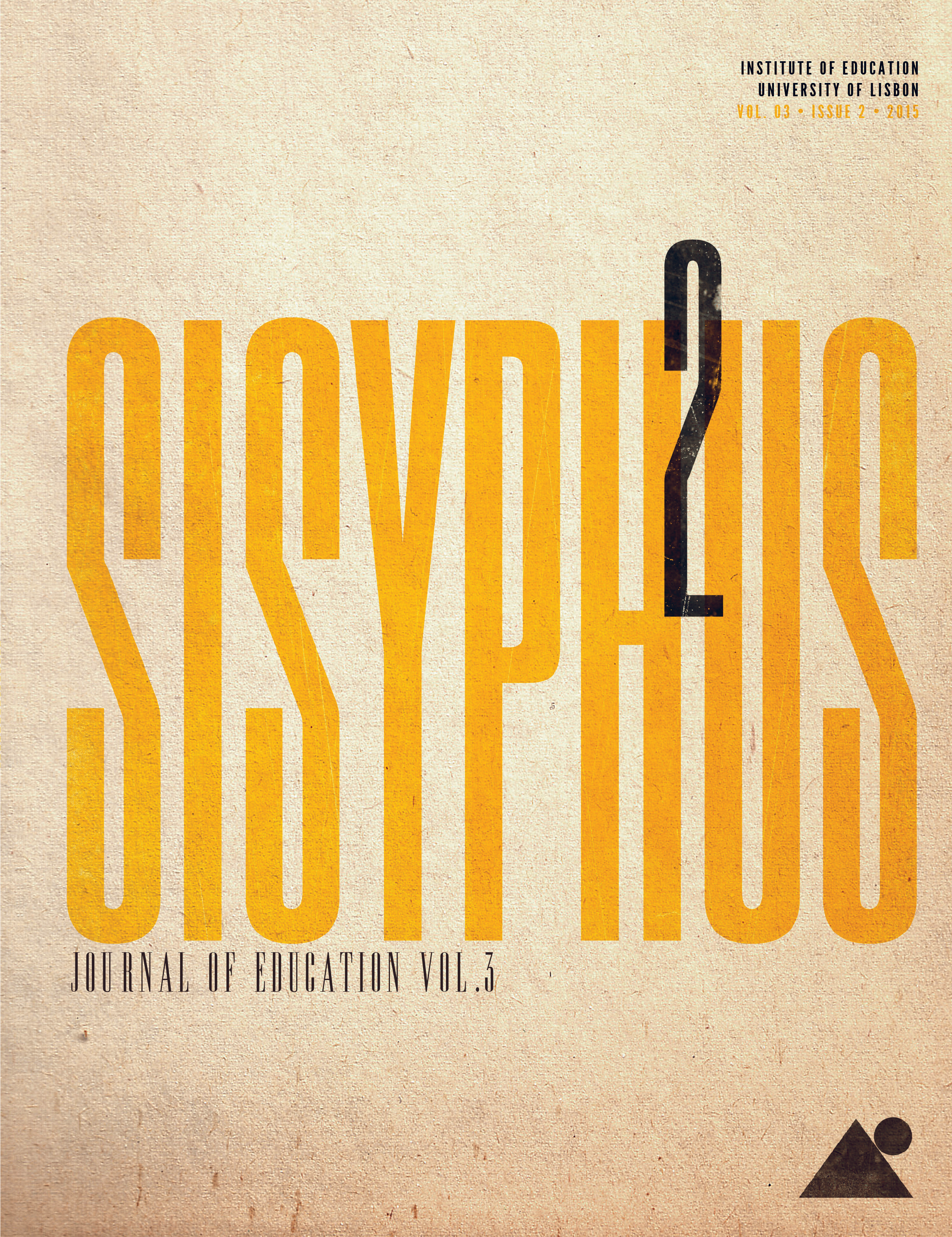Territorial Specificities of Teaching and Learning
DOI:
https://doi.org/10.25749/sis.7880Keywords:
Territoriality, Multigrade, Rural education, Inclusive education, Education policy, Teaching strategies, Learning, Multigrade classroom, Language apprenticeship, Active-passive learning, Approaches to learningAbstract
The links between education and territory are multiple and complex. No part of schooling can entirely free itself from the territorial context in which the school action plan is included: formal schooling, academic achievement, vocational orientation, didactics, pedagogy, etc. are all more or less according to the territories, more or less according to the educational systems concerned. Thus, the territory can have an external effect on school education as an impact factor, but can also be and/or intend to have a full educational role. It may also impact on education as a whole, even a systemic impact as it is the case in some rural and mountain areas.
Downloads
Downloads
Published
Issue
Section
License
Copyright (c) belongs to Sisyphus - Journal of Education. However, we encourage issued articles to be published elsewhere, provided that Sisyphus authorization is asked for and that authors integrate our original source citation and a link to our website.
Author Self-Archiving Policy
Author(s) are permitted to self-archive the final published version in institutional or thematic repositories, and in their personal or institutional websites.
DORA Signer
The Instituto de Educação da Universidade de Lisboa, Sisyphus' Publisher, is a San Francisco Declaration on Research Assessment signer.






